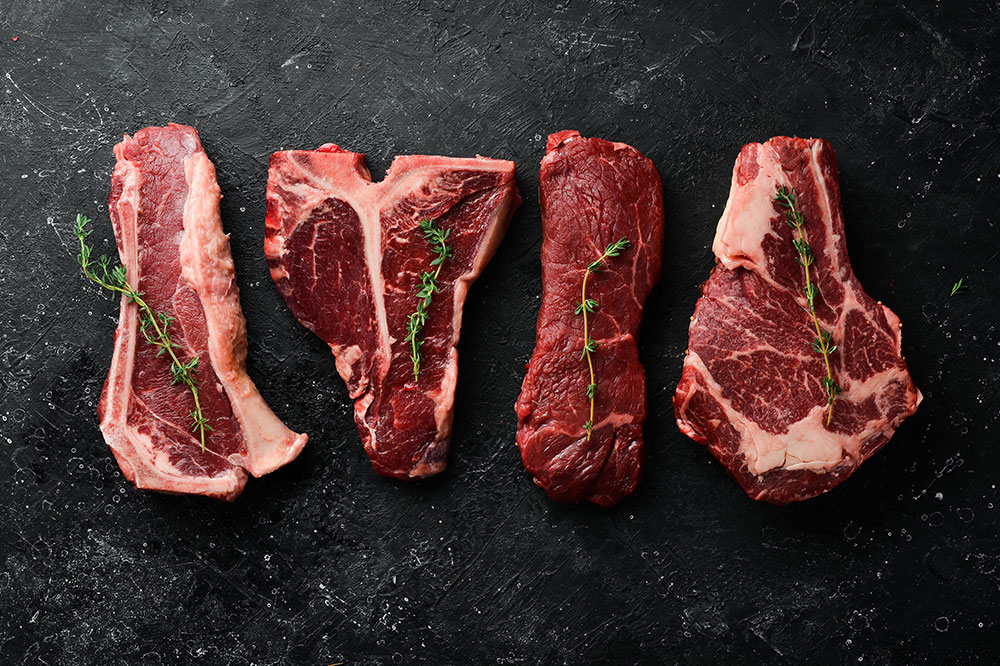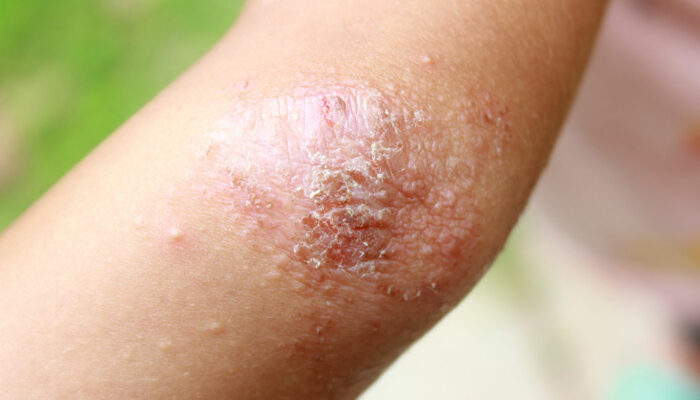
5 Common Food Allergens for Dogs
Just like us, our furry friends are allergic to certain food ingredients too. When your dog ingests such ingredients, it may exhibit a variety of symptoms, such as itchy skin, vomiting, diarrhea, ear infection, and hair loss. As a pet parent, it’s vital to be aware of the most common triggers of food allergies in dogs. However, remember that not all dogs are allergic to the same ingredients. So, monitor your dog after every meal.
1. Beef
Beef is the most common trigger of food allergies in dogs. Some studies show more than 30 percent of dogs are allergic to beef. To be specific, the protein component of beef and many other foods tend to be problematic for dogs. Feeding your dog the same foods or recipes regularly for several years increases their risk of developing allergies to one or more ingredients found in them. Since beef is a very common ingredient in dog foods, they tend to become allergic to it eventually. The key to avoiding this food allergy is to feed varied meals to your dog.
2. Dairy
It’s not just humans who are lactose intolerant. Some dogs have problems with the sugar compound too. However, it’s important to keep in mind that dogs may be either intolerant or allergic to lactose. It’s important to determine whether your dog has lactose allergy or intolerance. A simple way to differentiate is to look at the symptoms. If your dog develops digestive issues, such as vomiting and diarrhea, after consuming milk or dairy products, then they are lactose intolerant. On the other hand, problems such as skin itchiness or related symptoms are an indication of a dairy allergy.
3. Wheat
Grains, such as wheat and corn, are high in protein, so they are also among common triggers of food allergies in dogs. Some experts say that grain allergies are less common than meat allergies in canines. In general, it’s better to substitute these foods with pure carbohydrates, as they are very low in protein. However, there are a few exceptions, such as potatoes. So, it’s important to speak with your veterinarian or pet nutritionist to figure out exactly what grain you should and should not feed your dog.
4 . Eggs
Dogs tend to be allergic to the proteins present in the egg yolk. Feeding them egg yolks may cause their immune system to react aggressively, leading to itchy and inflamed skin. Other symptoms of egg yolk allergies in dogs include chronic ear infections, gas, wheezing, and even bald patches. In rare cases, the allergy can also cause anaphylactic shock, which is life-threatening and demands immediate medical attention. Symptoms of anaphylactic shock include cold limbs, excessive drooling, elevated heart rate, and seizure.
5. Soy
Soy is one of the worst foods for dogs. Not only are some dogs allergic to soy, but the food has also been linked to liver disease, thyroid, reproductive issues, and growth problems in dogs. If your dog is allergic to soy, it may show symptoms such as scratching, obsessive licking, ear infections, and excessive sebum discharge.



